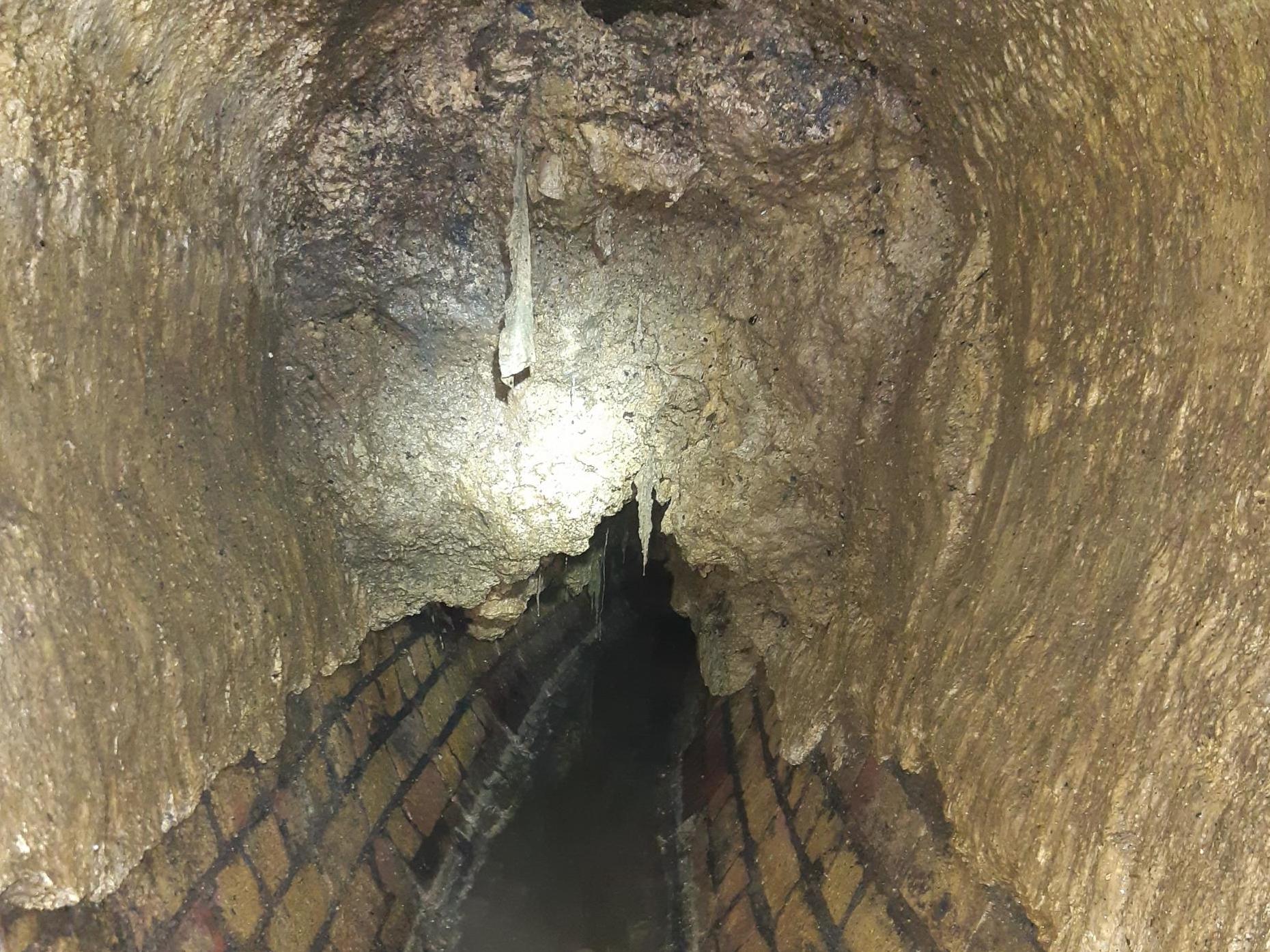Stop flushing disinfecting wipes and toilet paper ‘alternatives’ - the sewers are clogging up, authorities say
Public authorities are begging residents to stop flushing disinfectant wipes which have flown off the shelves following the coronavirus outbreak as people try to stop the spread of germs

As if we needed another problem: Cleaning wipes and makeshift toilet paper ‘alternatives’, like shredded T-shirts, are causing sewer system problems across the U.S., wastewater management officials have warned.
Public authorities are begging residents to stop flushing disinfectant wipes which have flown off the shelves following the coronavirus outbreak as people try to stop the spread of germs.
Put wipes, paper towels, and even wipes labeled ‘flushable’, in the trash instead.
California Water Boards issued a statement earlier this week: “Flushing wipes, paper towels and similar products down toilets will clog sewers and cause backups and overflows at wastewater treatment facilities, creating an additional public health risk in the midst of the coronavirus pandemic.’
In Redding, California, one resident apparently used shredded T-shirts in lieu of toilet paper, officials told the Record Searchlight on Thursday. It caused a sewer line to back up and employees had to take urgent action to prevent a spill.
Across the states, other water boards issued pleas. Mike Saia, from Charleston Water System in South Carolina, issued a warning about what goes into the toilet, via ABC4, saying that anything other than “number one, number two and toilet paper” can cause sewage backup in your home.
“[N]othing changes behavior faster than raw sewage in your kitchen sink,” he said.
In Massachusetts, the Lawrence Department of Public Works issued a similar warning on social media with a rather unsavory photo to illustrate.
Northeast Ohio Regional Sewer District issued a press release. “Wipes bind with fats, oils and grease and can wreak havoc on smaller wastewater treatment facilities, clog local sewer systems and harm your home’s plumbing,” it read.
New York City’s department of environmental protection, has a memorable video to explain the problem.
And if anything will change behavior, then the image of a ‘fatberg’ should do the trick.
Join our commenting forum
Join thought-provoking conversations, follow other Independent readers and see their replies
Comments
Bookmark popover
Removed from bookmarks